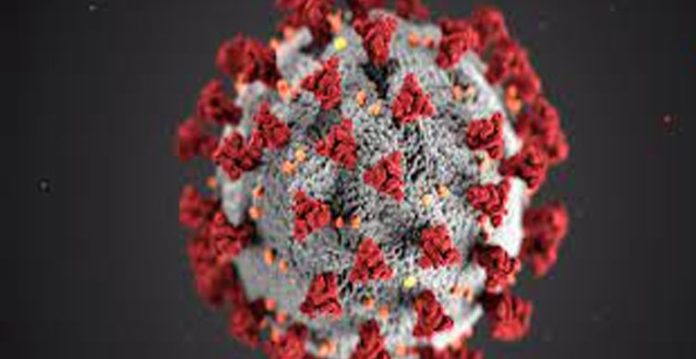It’s no secret that drinking black tea has a variety of health benefits. A recent study found that black tea can both improve holistic health and reduce SARS-CoV-2 virus replication.
It has been found that a naturally occurring bioactive molecule, Theaflavin 3-gallate, found in abundance in black tea, which is derived from Theaflavin, has the ability to limit the replication of SARS-CoV-2 coronaviruses, according to a ground-breaking study conducted by researchers from Hyderabad and the Institute of Himalayan Bioresource Technology, Himachal Pradesh.
According to a CCMB-IHBT collaborative study published on July 30, theaflavin 3-gallate inhibits SARS-CoV-2’s main protease (Mpro) and reduces its count in vitro.
Black tea contains theaflavin, a chemical that is formed during the fermentation of green tea and is used as a medicine for a variety of conditions. Theaflavin is a naturally occurring antioxidant found in black tea that can reduce cholesterol, hypertension, heart disease, obesity, diabetes, and even cancer.
The CCMB-IHBT researchers explored the possibility of applying Theaflavin 3-gallate to prevent SARS-CoV-2 from rapidly multiplying.
As a result of its central role in viral replication, the main protease (Mpro) of SARS-CoV-2 has been recognized as an attractive drug target. According to the findings, Theaflavin 3-gallate effectively inhibits SARS-CoV-2 replication in vitro by targeting Mpro.
In previous docking studies, Theaflavin 3-gallate demonstrated higher docking scores than repurposed drugs like Atazanavir, Darunavir, and Lopinavir. According to this study, conventional and steered MD simulations indicate that theaflavin 3-gallate interacts more strongly with Mpro’s active site residues than Theaflavin and GC373, which is a Mpro inhibitor and a novel broad-spectrum antiviral agent.
According to the researchers’ in-vitro (laboratory) study, treating SARS-CoV-2 with 200 microlitres of theaflavin 3-gallate in-vitro and quantifying viral transcripts led to a 75 percent reduction in the viral count.
Theaflavin 3-gallate appears to target the Mpro effectively, thus limiting replication of SARS-CoV-2 in vitro, the researchers concluded.
(This story has been sourced from a third-party syndicated feed, agencies. Raavi Media accepts no responsibility or liability for the text’s dependability, trustworthiness, reliability, and data. Raavi Media management/ythisnews.com reserves the sole right to alter, delete or remove (without notice) the content at its absolute discretion for any reason whatsoever.)


